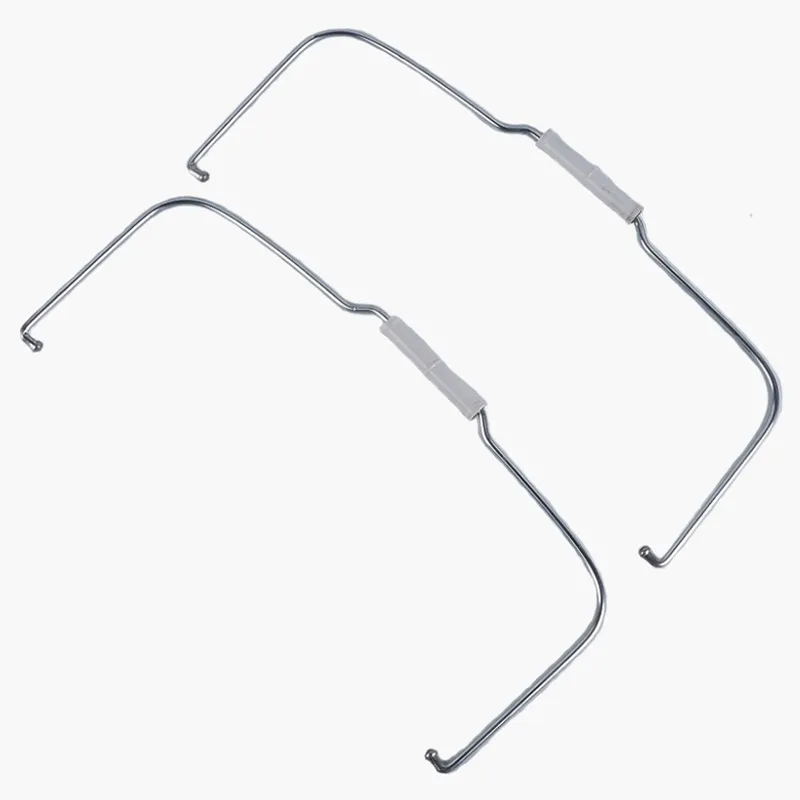-
 Phone:
Phone: -
 Email:
Email:

barbed wire fence cost
Understanding the Cost of Barbed Wire Fences
Barbed wire fences have been a staple in agricultural and property management for over a century, serving the dual purposes of containment and security. As landowners consider their fencing options, one frequently asked question is what is the cost of installing a barbed wire fence? This article will explore the various factors influencing the cost and provide a general estimate to help interested parties budget effectively.
1. Material Costs
The first component of the total cost is material. Barbed wire itself is relatively inexpensive, typically ranging from $0.10 to $0.50 per linear foot, depending on the quality and gauge of the wire. Thicker wire, which offers greater durability and resistance to weathering, will generally be more expensive. For a standard barbed wire fence, three to five strands are typical, increasing the total length of wire needed.
In addition to the wire, other materials such as fence posts (wood, metal, or concrete), fencing staples, and insulators (if needed for electric setups) must be considered. Wooden posts can cost around $3 to $10 each, while metal posts might range from $5 to $15. Concrete posts are often more expensive, ranging from $10 to $20 each. To determine the total material cost, one should also account for the distance between posts, which can vary from 8 to 12 feet apart depending on the terrain.
2. Labor Costs
Labor costs are another significant factor impacting the overall expense of a barbed wire fence. Hiring a professional fencing contractor can add anywhere from $1 to $3 per linear foot, depending on the complexity of the installation and the local market rates. Labor costs might be higher in areas with a higher cost of living or if the ground conditions are particularly challenging, such as rocky soil or dense vegetation.
For those who are handy, building a barbed wire fence yourself can save on labor expenses but requires a considerable investment of time and effort. It's essential to have the right tools, including a post hole digger, tensioning tools, and safety equipment, all of which can be rented or purchased.
barbed wire fence cost

3. Additional Considerations
Beyond the basic materials and labor, other considerations can influence the overall cost of a barbed wire fence
- Permits and Regulations Depending on your location, you may need permits to build a fence, particularly if it's on the property line or near public areas. It's vital to check local regulations, as this can incur additional costs. - Terrain and Accessibility The type of terrain can significantly affect installation costs. Rocky, hilly, or wet areas may require additional preparation and materials, which can raise the final bill.
- Length of Fence Naturally, the longer the fence, the higher the total cost. However, buying materials in bulk can sometimes lower the price per linear foot.
4. Overall Pricing Estimate
In general, the total cost for a barbed wire fence can range from $1.50 to $3.50 per linear foot installed. For a standard project with a typical length of 1,000 feet, a landowner might expect to pay between $1,500 and $3,500 in total. This estimate can vary significantly based on the specific choices made regarding materials and labor.
Conclusion
Investing in a barbed wire fence is a decision that requires careful consideration of costs. By understanding the various factors that affect pricing, landowners can make informed choices to protect their property efficiently and economically. Whether opting for a DIY approach or hiring professionals, a well-constructed barbed wire fence can serve its intended purpose effectively, ensuring security and animal containment for years to come.
-
Wire Mesh for Every Need: A Practical SolutionNewsJul.25,2025
-
Steel Fences: Durable, Secure, and Stylish OptionsNewsJul.25,2025
-
Roll Top Fencing: A Smart Solution for Safety and SecurityNewsJul.25,2025
-
Cattle Farm Fencing Solutions for Maximum SecurityNewsJul.25,2025
-
Affordable Iron Binding Wire SolutionsNewsJul.25,2025
-
Affordable Galvanized Wire SolutionsNewsJul.25,2025
-
Wire Hanger Recycling IdeasNewsJul.25,2025








